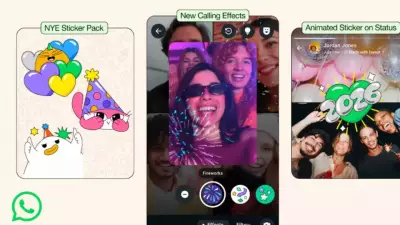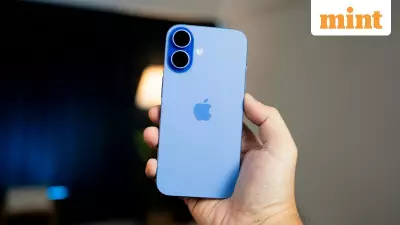
The rapid evolution of artificial intelligence agents presents a paradoxical future where the same technology that could revolutionize healthcare might also become hackers' most powerful weapon. Cybersecurity experts are raising alarms about AI agents being hijacked for malicious purposes, while entertainment industry veterans like Vince Gilligan openly condemn AI-generated content. In a contrasting development, the Chan Zuckerberg Initiative is restructuring to harness AI for groundbreaking medical discoveries.
AI Agents: The Next Frontier in Cybersecurity Threats
Cybersecurity professionals worldwide are warning that artificial intelligence agents, considered the next major advancement in generative AI, could be compromised to perform hackers' dirty work. According to AFP reports, the simplicity of controlling AI agents using plain language commands makes it possible for individuals without technical expertise to cause significant damage.
These injection attacks represent an evolution of traditional hacking methods. While similar attacks previously required sophisticated, concealed computer code, the current generation of AI tools has transformed from simple content generators to autonomous agents capable of independently navigating the internet. The potential for these AI agents to be commandeered through clever prompts has increased substantially, creating unprecedented security risks across digital platforms.
Hollywood's Rebellion Against AI Content
Vince Gilligan, the celebrated creator of Breaking Bad and Better Call Saul, has joined the growing chorus of critics targeting AI-generated content. His new Apple TV+ series, Plur1bus, features a telling disclaimer in its credits: "This show was made by humans." This statement serves as both a declaration of artistic integrity and a subtle jab at the rising tide of AI-created entertainment.
In a recent interview, Gilligan didn't mince words when describing generative AI, calling it "the world's most expensive and energy-intensive plagiarism machine." He further compared AI-generated content to "a cow chewing its cud — an endlessly regurgitated loop of nonsense." Interestingly, fans of Plur1bus have speculated that the show's central concept of a 'hivemind' might actually represent a commentary on generative AI's collective intelligence model.
Medical Breakthroughs Through AI Investment
While concerns about AI misuse grow, the Chan Zuckerberg Initiative demonstrates the technology's positive potential through its renewed focus on medical applications. The non-profit organization, founded by Mark Zuckerberg and Priscilla Chan with the ambitious goal of curing all diseases, recently announced a strategic restructuring to prioritize artificial intelligence research.
According to the foundation's blog post, this refined approach will concentrate funding on scientific teams working at a specialized facility called Biohub. The initiative aims to leverage AI for detecting, preventing, and curing diseases, with particular emphasis on modeling the human immune system. This groundbreaking work could potentially open doors to what the foundation describes as "engineering human health," representing one of the most promising applications of artificial intelligence technology.
The simultaneous emergence of these developments highlights AI's dual-edged nature—while posing significant security risks and drawing creative criticism, the technology simultaneously offers unprecedented opportunities for advancing human health and scientific discovery. As AI agents continue to evolve, society faces the complex challenge of harnessing their benefits while mitigating their dangers.





